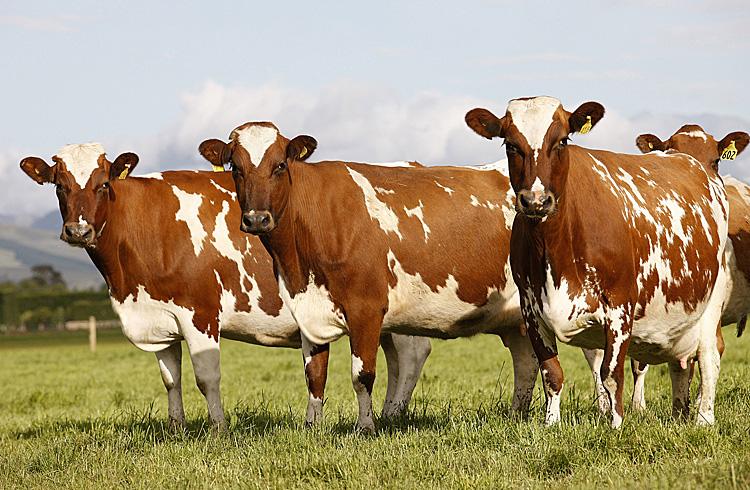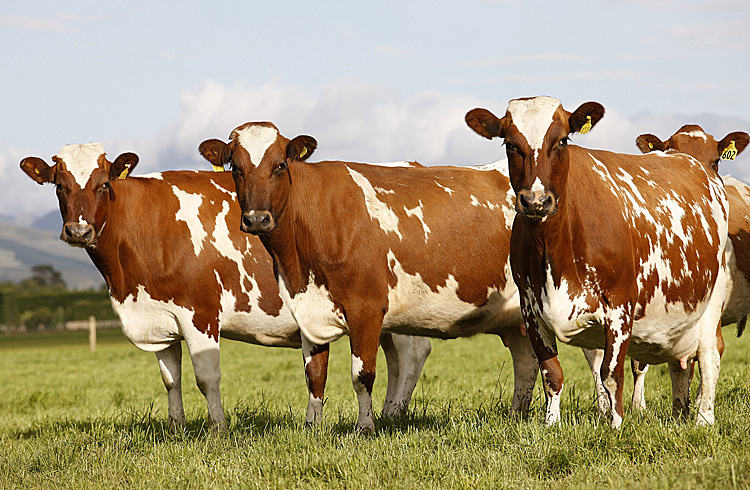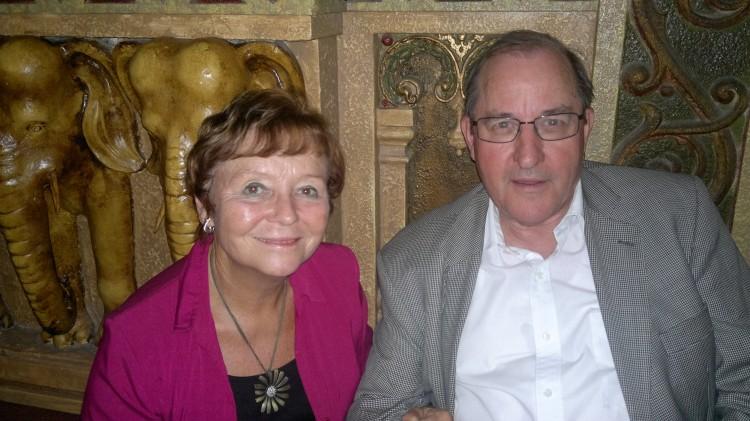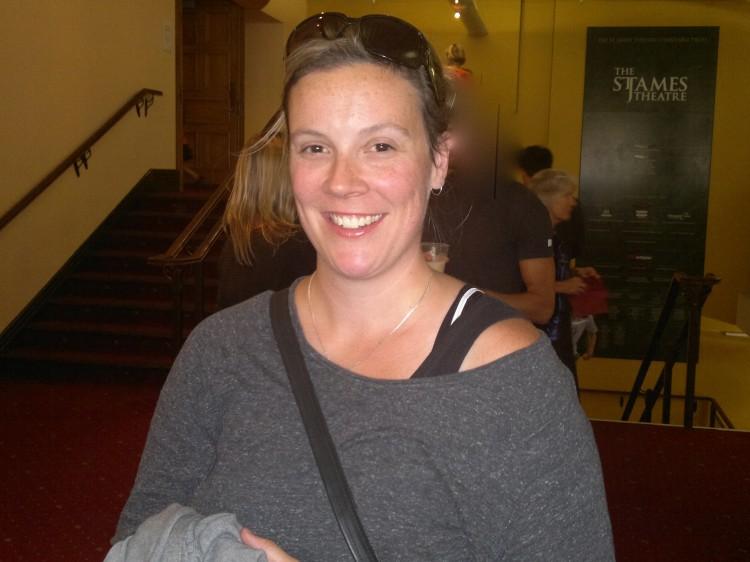The sale of 16 dairy farms in New Zealand’s North Island to a major Chinese conglomerate hit a snag in the High Court this week, with the Overseas Investment Office’s (OIC) approval of the deal called into question.
The High Court sent out shock waves when it asked the Government to reconsider the application from Shanghai Pengxin to buy the Crafar dairy farms, the largest family-owned dairy business in New Zealand.





